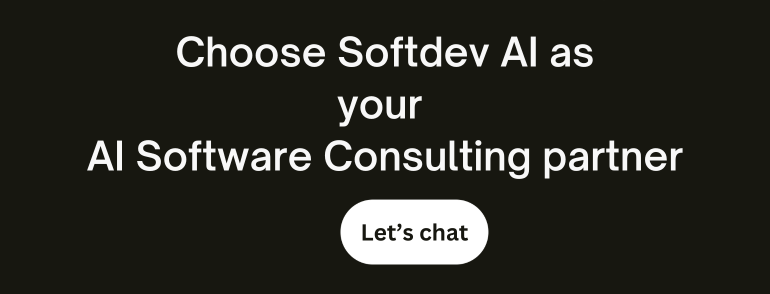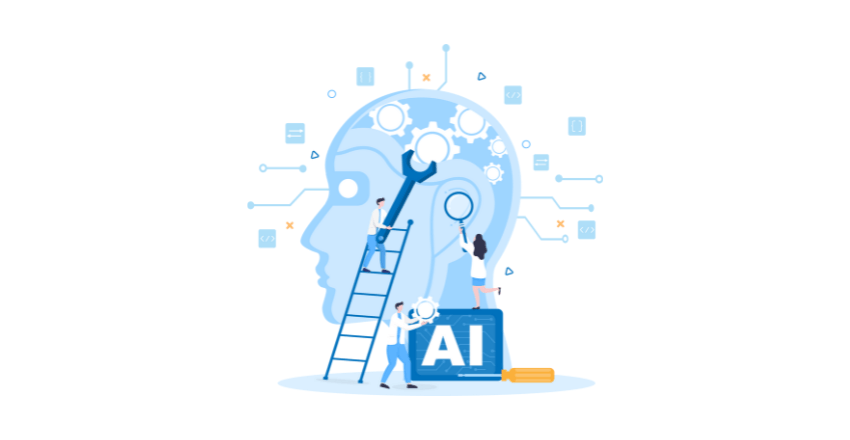AI is no longer just for tech giants. Businesses of all sizes can use artificial intelligence (AI) to improve operations, automate tasks, and make smarter decisions. But adding AI to your existing technology stack can feel overwhelming. Where do you start? What tools do you need? And how do you make sure AI works well with what you already have?
That’s where AI software consulting comes in. An AI consultant helps you find the right AI tools, integrate them into your systems, and train your team to use them effectively. This guide will walk you through the basics of integrating AI into your tech stack without the headache.
Why Should You Integrate AI Into Your Tech Stack?
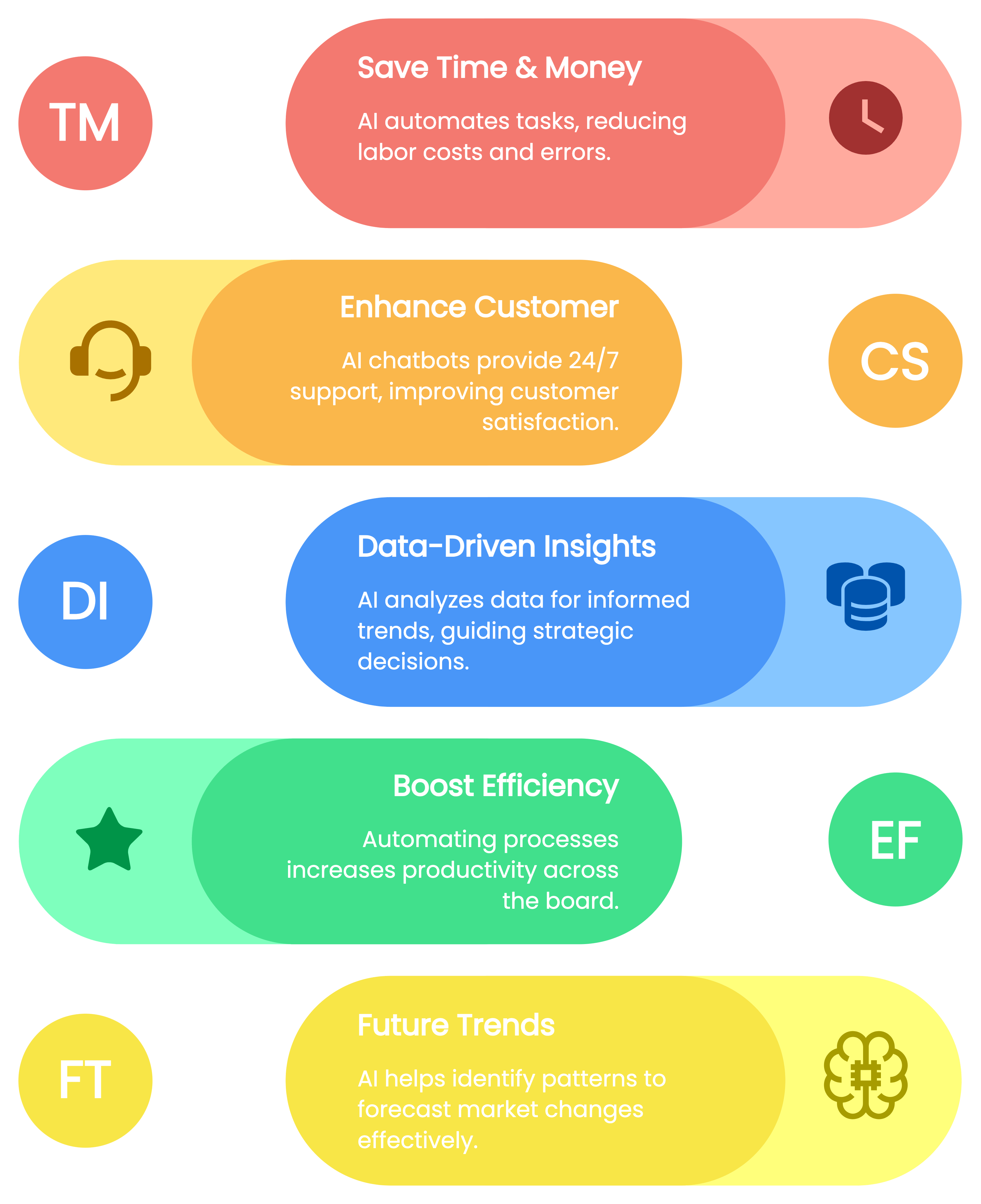
AI isn’t just a buzzword. Businesses that use AI can automate repetitive tasks, improve customer service, and even predict future trends. Here are some of the biggest benefits of AI integration:
1. Saves Time and Money
AI can handle tasks like data entry, customer support, and scheduling. This frees up your team to focus on more important work. AI also reduces human errors, saving money on costly mistakes.
2. Improves Decision-Making
AI can analyze large amounts of data in seconds. It finds patterns and trends that humans might miss, helping you make better business decisions.
3. Enhances Customer Experience
Chatbots, AI-powered recommendations, and personalized marketing make interactions with customers smoother and more engaging. AI can help you provide faster support and tailor services to each customer’s needs.
4. Boosts Productivity
AI automates repetitive tasks, so employees spend less time on manual work. This leads to faster processes and increased efficiency.
Steps to Integrate AI Into Your Tech Stack
Now that you know why AI is valuable, let’s break down how to add it to your current systems.
1. Identify Your Business Needs
Before you dive into AI, figure out what problems you want to solve. Do you need better customer service? Faster data processing? Smarter marketing strategies? Make a list of your biggest challenges and look for AI solutions that can help.
2. Choose the Right AI Tools
Not all AI tools are created equal. Some work better for small businesses, while others are built for large corporations. Here are a few popular AI tools:
- Chatbots – Drift and ChatGPT help automate customer conversations.
- Data Analysis – Google Cloud AI and IBM Watson process and analyze big data.
- Marketing Automation – HubSpot and Marketo improve email campaigns and customer targeting.
Pick tools that match your goals and budget.
3. Ensure Compatibility With Your Existing Systems
Your AI tools should integrate smoothly with your current software. If they don’t, you may need custom development work. AI consultants can help you connect new AI tools with your CRM, ERP, or other business applications.
4. Train Your Team
AI is only useful if your team knows how to use it. Offer training sessions so employees understand how AI tools work and how they can improve their workflow. Most AI software providers offer tutorials or customer support to help with onboarding.
5. Test and Monitor Performance
Once AI is in place, track its performance. Is it saving time? Improving accuracy? Use analytics tools to measure results and make adjustments if needed.
Should You Hire an AI Consultant?
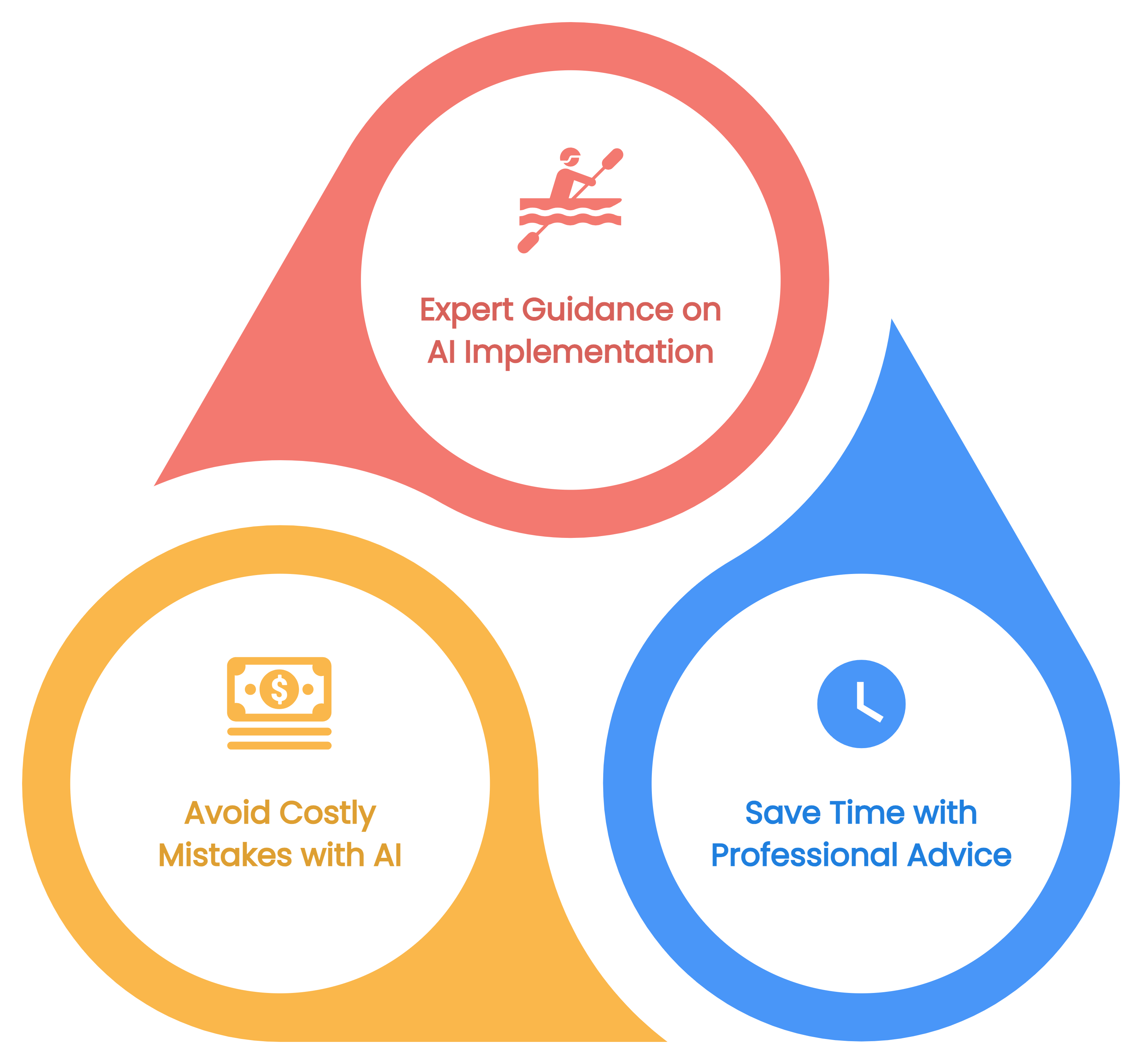
If you’re new to AI, the learning curve can feel steep. Choosing the wrong tools or implementing AI incorrectly can lead to wasted time, money, and frustration. That’s where an AI consultant comes in. They have the expertise to guide you through the process, ensuring AI enhances your business instead of becoming a costly mistake.
Here’s a look at what an AI consultant can do for you:
1. Assess Your Business Needs
Before jumping into AI, you need to understand what problems you want it to solve. An AI consultant will take a close look at your business operations, workflows, and pain points. They’ll ask questions like:
- Which tasks take up the most time in your business?
- Where are inefficiencies causing delays or errors?
- What kind of data do you collect, and how do you currently use it?
- How can AI enhance customer experience or boost productivity?
By answering these questions, the consultant helps you avoid implementing AI just for the sake of it. Instead, they ensure AI is solving real problems and delivering measurable results.
2. Recommend the Best Software
The AI market is crowded, with thousands of tools available for different needs. Some businesses need AI-powered chatbots for customer service, while others may benefit from machine learning models that analyze data trends.
An AI consultant narrows down your options and recommends software that:
- Matches your specific business needs
- Fits your budget
- Integrates with your existing tech stack
- Is user-friendly and scalable
For example, if you need AI for customer interactions, a consultant might recommend ChatGPT or Drift. If you need AI for data analysis, they might suggest IBM Watson or Google Cloud AI.
Instead of spending weeks researching tools on your own, an AI consultant helps you find the right solution quickly.
3. Set Up and Customize AI Solutions
Once you choose the right AI tools, they need to be set up and configured to work with your current systems. This step is critical because poor implementation can lead to compatibility issues, slow performance, or incorrect outputs.
An AI consultant helps with:
- Installing and integrating AI tools into your existing software stack
- Setting up APIs and data connections to ensure smooth communication between systems
- Customizing AI algorithms to align with your business goals
- Testing the system to make sure it performs as expected
For example, if you’re adding an AI chatbot to your website, the consultant ensures it pulls data from your CRM and provides personalized responses based on customer history.
4. Train Your Team
AI is only useful if your team knows how to use it. Many businesses invest in AI tools but never fully utilize them because employees don’t understand how to integrate them into their daily workflows.
An AI consultant provides training that helps your employees:
- Understand what AI can and can’t do
- Learn how to interact with AI-powered systems effectively
- Troubleshoot basic AI-related issues
- Make data-driven decisions using AI insights
Most AI tools come with built-in dashboards, analytics, and automation features that can dramatically improve productivity if your team knows how to use them properly.
5. Monitor Performance and Optimize AI Over Time
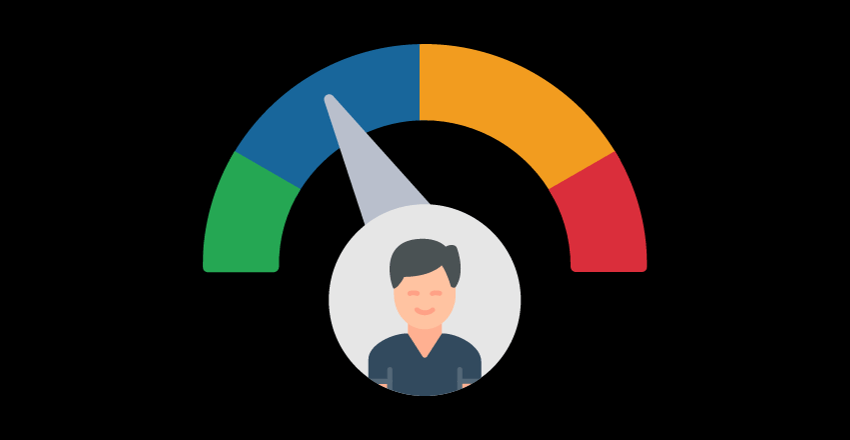
AI isn’t a “set it and forget it” solution. It needs to be monitored and optimized to ensure it’s delivering the expected results.
An AI consultant:
- Tracks AI performance metrics, such as accuracy, efficiency, and cost savings
- Identifies areas where AI can be improved or fine-tuned
- Helps you scale AI usage as your business grows
- Ensures compliance with data privacy laws and ethical AI guidelines
For example, if your AI-powered customer service chatbot isn’t resolving issues effectively, the consultant can tweak its responses or improve its training data.
Is an AI Consultant Worth the Investment?
Hiring an AI consultant requires an upfront investment, but it can save you thousands of dollars in the long run. Here’s why:
- Avoid Costly Mistakes – AI implementation errors can lead to downtime, lost data, or frustrated customers. A consultant helps you do it right the first time.
- Save Time – Instead of spending months learning AI on your own, you can get expert guidance and start using AI faster.
- Maximize ROI – A well-planned AI strategy ensures you get the most value from your investment.
- Stay Competitive – Businesses that use AI effectively gain an edge over competitors still relying on manual processes.
If you’re serious about integrating AI into your business but aren’t sure where to start, hiring an AI consultant is a smart move. They’ll help you navigate the complexities of AI and ensure you get real results without the headaches.
AI can transform your business, but you need the right strategy to make it work. Start by identifying your needs, choosing the right tools, and making sure they integrate well with your existing tech stack. If you need extra help, an AI consultant can make the process smoother.
Ready to get started? Explore AI tools that fit your business and take the first step toward smarter, more efficient operations.

